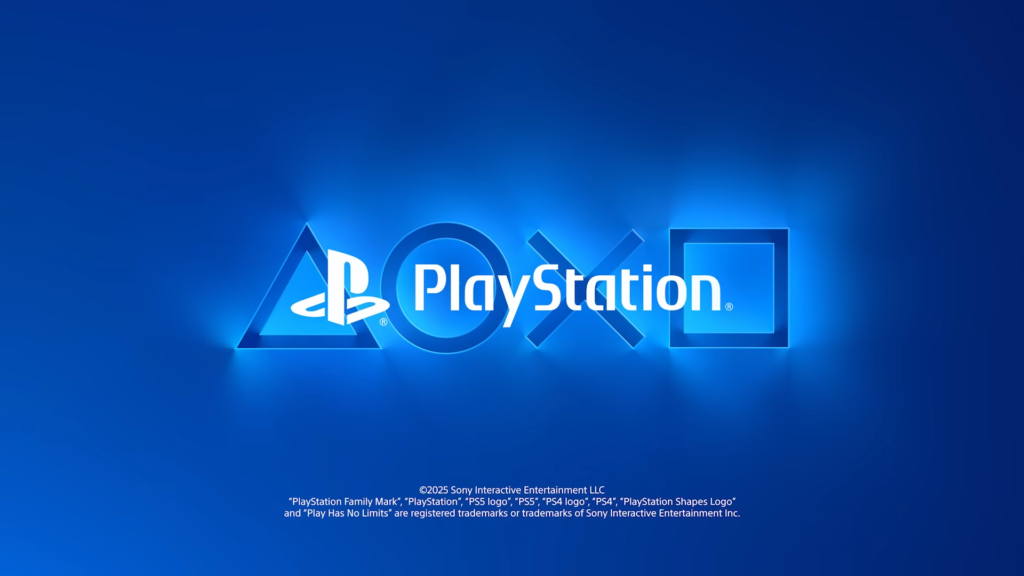- Dutch consumer group sues Sony over unfair PlayStation prices
- Sony accused of blocking third-party retailers to maintain high costs
- Lawsuit demands refunds for overcharged Dutch PlayStation players

Sony has been accused of selling Digital games with extremely high prices and has faced a lawsuit filed by a Dutch consumer foundation, Massaschade & Consument.
Legal Battle for Fair Prices
The prices are said to be unfair and it has been claimed that Sony is also blocking third-party retailers from selling the digital PlayStation titles, making it impossible for players to go for affordable options.
This lawsuit was first noticed and reported by Tweakers, penned down all the details from the consumer group’s research. According to the foundation, in the Netherlands, Sony is charging users 47% more for the digital copies than the physical ones.
Even though the former should have lower prices as there is no money being spent on the discs, packaging, and other stuff. Considering these aspects, the lawsuit argues that it should be cheaper instead of being highly expensive.
One of the major problem here is that PlayStation store is entirely under the Sony’s control and there is no other way for players to access the games on other platform.
Unlike Epic Game store and Microsoft where third-party retailers involvement make the access convenient but in case of Sony there is no such concept, leading to no completion and the prices remain “artificially high.”
Lucia Melcherts, chair of Stichting Massaschade & Consument, said (via massaschadeconsument.nl), “For digital PlayStation content, Sony is the only remaining retailer, which has removed all price pressure”
“Sony behaves like a monopolist in more ways than one: game developers often have to agree to the conditions that Sony imposes on them, including the price at which their games are put on display.
This is while the costs for Sony have actually fallen because there are no more physical points of sale, printing costs, or transport. However, PlayStation players continue to pay top dollar, even for games that are years old.”
Furthermore, according to the lawsuit, Sony’s prices are against the Dutch and European competition rules, which aim to protect the consumers from the companies who impose extra or overcharges.
The “Sony Tax” Controversy
They said that Sony is violating these rules by forcing PlayStation players to pay extra fees and have given it the name “Sony Tax.” They stated on their website regarding what Sony is doing wrong:
“The gaming industry is now bigger than the film, TV, and music industries combined. Sony, as the manufacturer of the world’s best-selling console, is one of the most powerful – if not the most powerful – players in this market. And with such power comes responsibility.
In the EU, it is illegal for large companies to abuse their position to make more profit at the expense of consumers. Yet Sony does not fully comply with these rules.”
“When you buy a digital game or in-game content, Sony ensures that this can only be done via its own PlayStation Store. In this way, Sony keeps the market for itself and can keep the prices artificially high.
As a result, you pay more without getting anything extra in return. This is also called the ‘Sony Tax’. Further mentioned: “Claim your Sony Tax back too; of course, a company like Sony is allowed to make money.
But it has to be done honestly. We want Sony to charge fair prices. We also want Sony to pay back the unfairly earned Sony Tax to you .” Massaschade & Consument is representing three million Dutch PlayStation users.
Any player form the Netherlands who have paid for games, DLC, or micro transactions from the PS store can join the lawsuit for free. The group is now demanding Sony to make a refund to the consumers from whom it has taken extra money and to end this unfair system.
Following this the first court hearing is expected at the end of 2025. However, this isn’t the first time Sony has faced the lawsuit over its PS Store policies, it got sued in 2011 in USA, and then in 2023,UK Competition Appeals Court ruled that Sony must follow the laws that enforce fair competition .
Now all eyes are on the court and what will be the fate of this one the biggest gaming and entertainment companies.